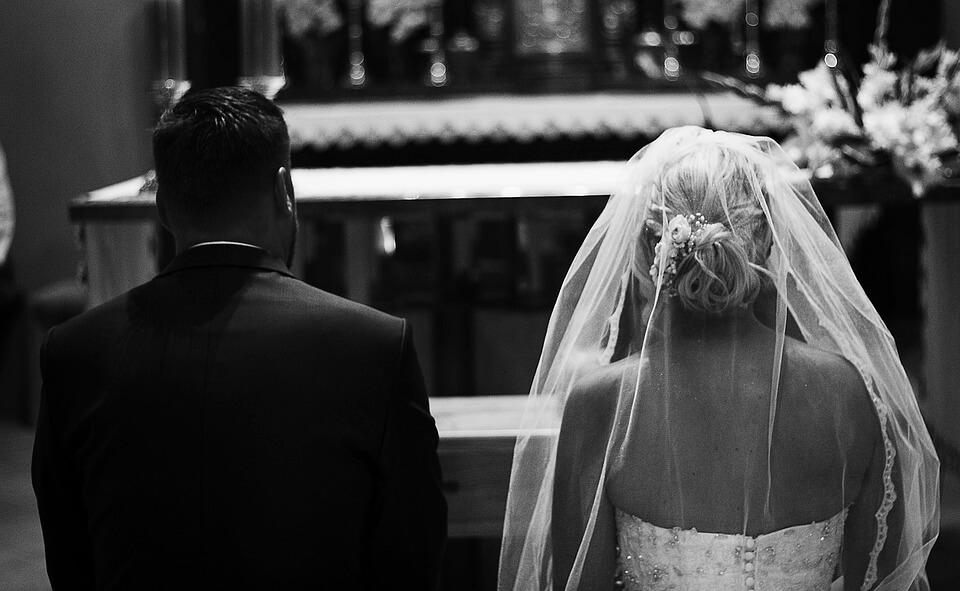Admit It, Marriage Is Best For Everyone’ Top Think Tank Tells Govt

A leading think tank has called on the Government to “stop pretending” marriage makes no difference to children and parents by “blurring the distinction” with cohabitation.
In Family Structure Still Matters, a new report released in August, the Centre for Social Justice reviews the evidence from numerous scientific studies to show the “dramatically different outcomes” for children and parents that marriage brings.
The authors show that children of married parents are less likely to fall into poverty, to suffer mental ill-health, have educational problems or display poor behaviour and criminality. They are also more likely to marry and form stable family relationships themselves.
Married couples are more likely to fare better economically than cohabiting couples and to report healthier lifestyles and relationship satisfaction. They are less likely to suffer with mental ill-health. Smoking, drug use and depressive symptoms are much less common among married women, while married men have better cardiovascular health and cancer survival rates and report greater satisfaction in retirement.
These differences remain even when the role of income and education is filtered out. Neither can it just be written off as a “selection effect” – that couples who get married are just the most committed. It is, the authors argue, the public declaration of commitment itself, the stated intention, which confers the benefit by having an “inherently stabilising effect”, and which is in principle available to all couples.
“To pretend that these family structures are interchangeable is to cheat couples, and in particular the most disadvantaged, of the best basis for a stable relationship”, the authors argue.
At C4M we wholeheartedly agree that marriage is best for children and couples. The evidence is clear. The union of one man and one woman for life gives couples the best foundation for happy and healthy lives and children the best shot at a good start.
If the Government cares about improving lives, especially those of the most disadvantaged among whom marriage rates are lowest, it should stop sitting on the fence and get behind marriage.
